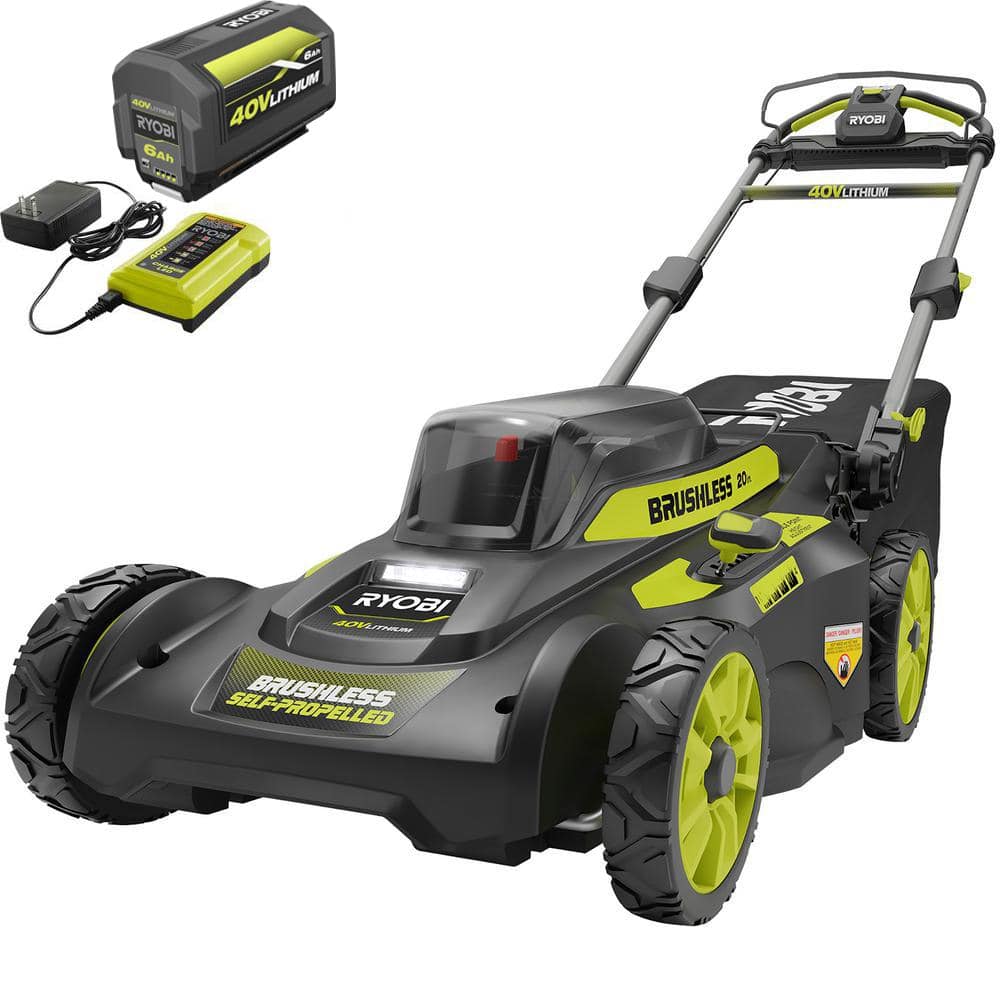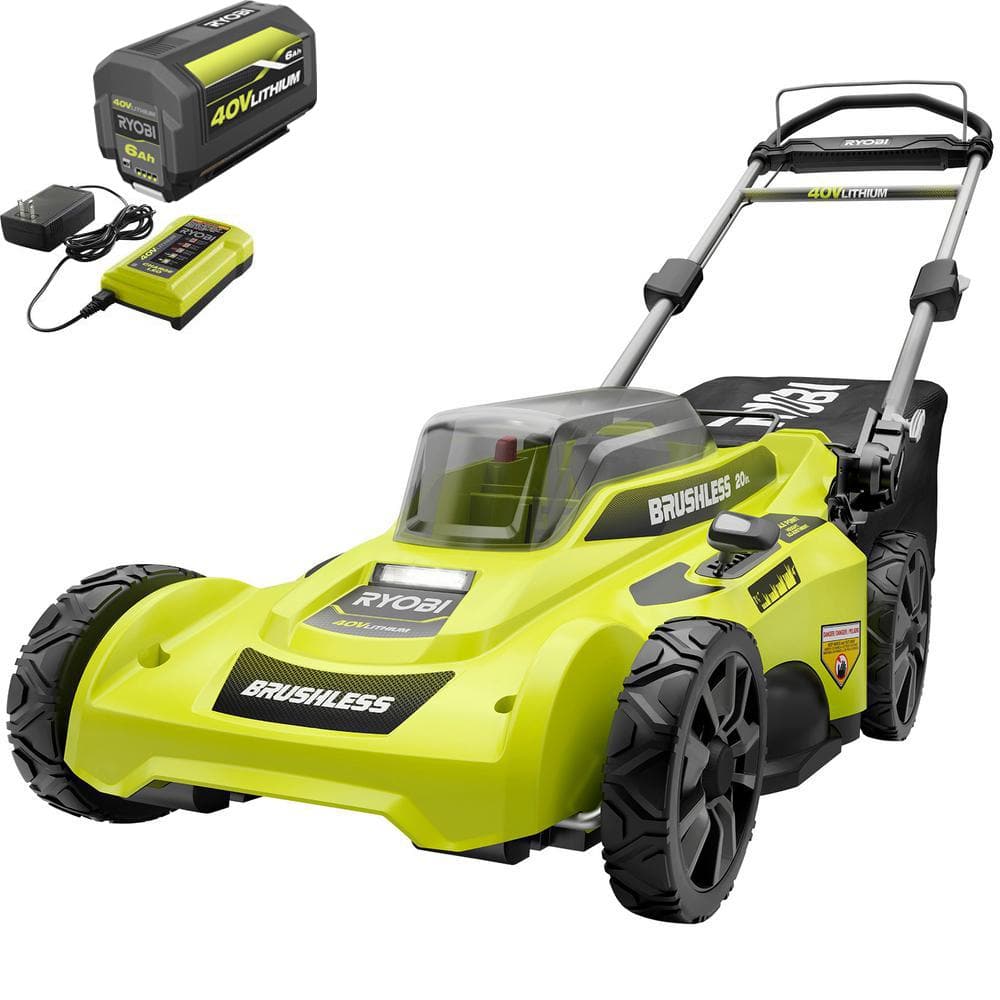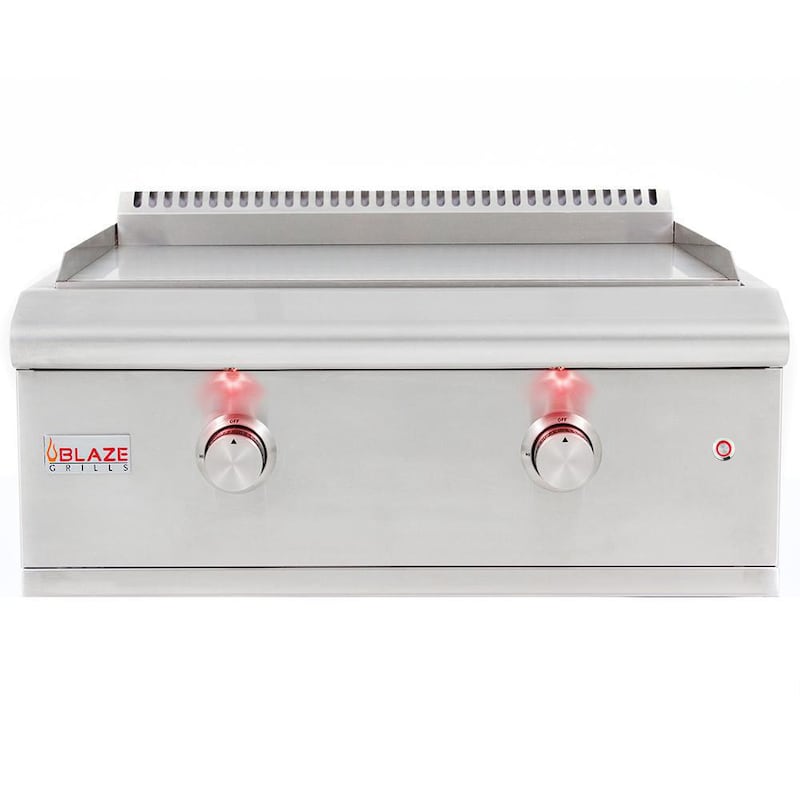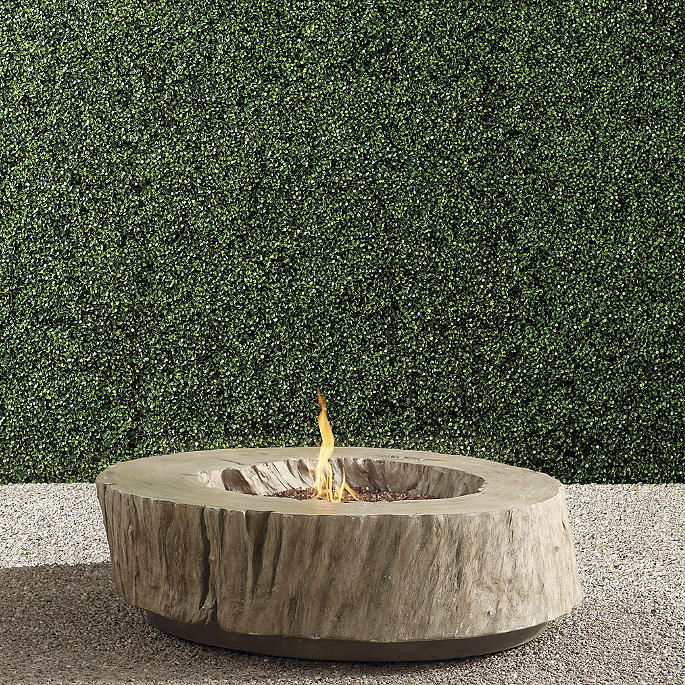Napoleon Prestige PRO 500 Built-in Propane Gas Grill with Infrared Rear Burner and Rotisserie Kit – BIPRO500RBPSS-3
Four stainless steel burners deliver impressive heat and longevity. Rear infrared rotisserie burner and rotisserie kit allows you to slow roast food with restaurant quality results.
- LED Spectrum Night Light control knobs with SafetyGlow
- Four stainless steel burners deliver impressive heat and longevity
- Rear infrared rotisserie burner and rotisserie kit allows you to slow roast food with restaurant quality results
- Jetfire ignition system is designed to safely and reliably light the burners
- Dual-Level stainless steel sear plates to vaporize drippings, control flare-ups, and keep food moist
The Napoleon Prestige PRO 500 blends quality and performance into one package, and has the features to make every cooking experience exceptional. This built-in propane gas grill has four stainless steel tube burners that provide up to 48,000 BTUs of cooking power. The grill has stainless steel cooking grates with 500 square inches of main cooking area and 400 square inches of warming area for a total of 900 square inches of cooking area. Easily turn the burners on with flame ignition for a reliable start up. The stainless steel wave cooking grids create the trademark Napoleon sear lines. The stainless steel, self-cleaning sear plates vaporize drippings, control flare ups and keep your food moist. The Prestige PRO 500 also has a 18,000 BTU stainless steel rear infrared burner for slow cooking with the rotisserie kit. The hood features an Accu-Probe temperature gauge, stainless steel end caps and retains heat for oven-like performance. The LED Spectrum Night Light control knobs have near limitless color options making your night time entertaining a breeze, and they glow red when a burner is in use while two interior lights illuminate the grilling surface. A full width drip pan also makes clean up a breeze. This Napoleon grill is manufactured in Canada.
Legal disclaimers and warnings
Product packaging, owners’ manuals, installation instructions, and/or operating instructions may include more information than what is shown on our website. The content on our site is intended to be used for reference purposes only. Please fully read all included manuals and documentation before installing or using this product. WARNING for California residents: this product may contain chemical(s) known to the state of California to cause birth defects, cancer, or other reproductive harm.
Additional information
| Width | 32.5" |
|---|---|
| Depth | 25" |
| Height | 24" |
| Weight | 137 lbs |
| Cutout Width | 30 3/4" |
| Cutout Depth | 20 5/8" |
| Cutout Height | 8 7/8" |








by Trent
Grill is great. Only concerns I have so far is the flame tamers are already a copper color even after a thorough cleaning. Also, the grill grates have scratched the base of the grill cutting into the grey coating.
by Cana
The grill is awesome, and the only thing that keeps it from getting a 5 star review is a manual that is no help at all in learning how to assemble, or set up this grill. It’s pictures only (maybe they have to charge another $50 for words???) and they can be described, at best, as vague. Down right useless is more like it. A good company should know better.
by David
Love the rotisserie feature. You can go beyond the traditional chicken and roasts by adding the rotisserie grill basket. We roast mushrooms, Brussel sprouts, red potatoes and more! Even French Fries are a family favorite cooked above the burgers, Mahi-Mahi or grouper!
by Joe
got as an early father’s day present for my hubby. we love it. he hates to get it dirty. cleans it almost as often as the truck.
by Tommy
Had grill couple of years and burners have cracked. Called and new burners are suppose to on the way. It was covered under warranty. Great grill.
by Mohsen
Excellent grill overall, great cooking and easy to clean. Mostly uniform grill areas. I wouldn’t use the rear burners too often …only when using the rotisserie. Support is great and responsive …although these days, Covid-19, you have to wait close to 30 minutes or so. My grill cover fabric is much better than the one they have now …unfortunately one of the top pulling ring has been severed by elements. But it is still much better looking then the one they have now. I have this grill for about 4 to 5 years now.
by Bob
Stainless steel only looks good on the showroom floor or when first installed. Our ‘old’ grill had a black finish and was a whole lot easier to keep looking good!
by Yagger
My wife and I bought our built-in grill last summer. This by far is one of the best grills we have owned. It cooks food evenly and fast. The built-in lights are great for night cooking. The blue lights on the knobs are a nice feature.
by Ken
Our Napoleon grill get a work out. This easy light burners make start up effortless and the temperature is easy to control. The rotisserie with back infrared burner makes for easy-put on and leave cooking. The additional charcoal tray allows for great smoke flavor. Best grill we have ever owned